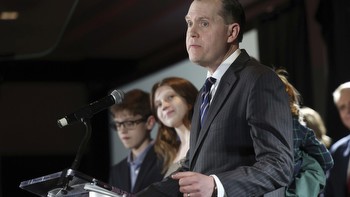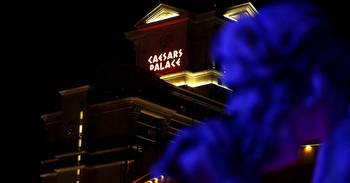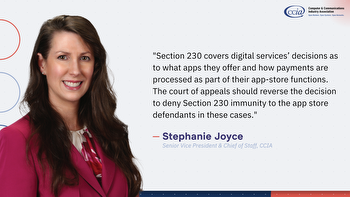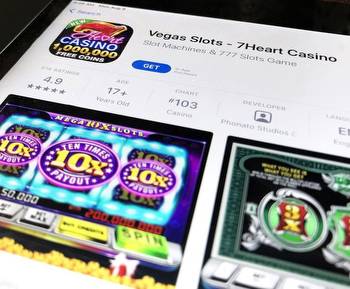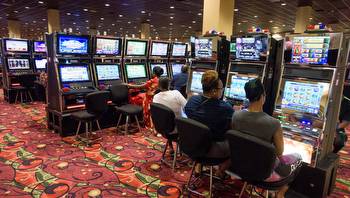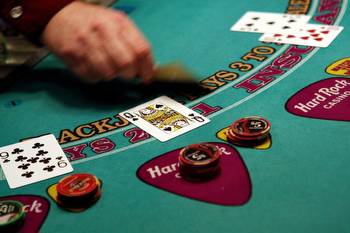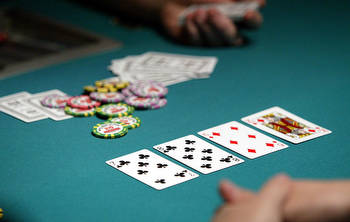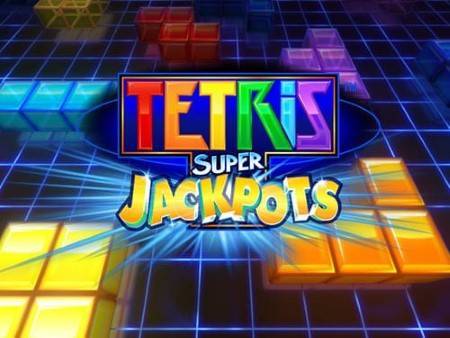Mixed Section 230 Communications Decency Act Ruling Filed in Apple, Google, Meta Social Casino Case
The Northern District of California issued an opinion partly siding with social casino users late last week, determining that the defendants, Apple, Google, and Meta Platforms defeated only two of three theories of liability on Section 230 of the Communications Decency Act grounds. However, Judge Edward J. Davila certified the ruling for immediate interlocutory appeal, explaining that “reasonable minds could differ as to the outcome of this case.”
The putative class action alleges that social casinos, casino-style games played online on laptops and mobile devices paid for with fiat currency and paid out with more chances to play, are illegal gambling operations. The plaintiffs explain that the social casino games lead to user addiction and massive financial losses due to the games’ exploitative nature.
The defendants’ targeted marketing and distribution of these games enables illegal gambling and increases user spend, the November 2021-filed master complaint argues. The suit states claims under many state unfair competition laws, for unjust enrichment, and for illegal gambling and/or gambling loss laws.
The defendants separately moved for dismissal pursuant to Section 230 of the CDA.
In last week’s 37-page ruling, Judge Davila rehashed the law’s history as well as more than a half-dozen relevant Ninth Circuit Section 230 cases. The court concluded that “Section 230 immunity is circumstantial,” and “[t]herefore, courts must look closely at the facts alleged and ask who is responsible for the charged, illegal conduct.”
The plaintiffs’ second theory of liability sought to hold the platforms accountable for the illegal acts of selling gambling chips. Judge Davila upheld this theory because it charged the platforms with liability for their own conduct rather than that of the game developers.
The first and third theories fell short for attempting to hold the platforms liable because they took issue with their “editorial” functions. In particular, the third theory sought to hold the platforms accountable for sharing big data, which the court said was inactionable, likening it to “an editor providing edits or suggestions to a writer.”
However, given that the case involves controlling questions of law, namely whether the platforms are entitled to immunity for their hosting of the allegedly unlawful social casino apps, the court certified its order for immediate interlocutory appeal. The case is now stayed pending determination of whether the Ninth Circuit will accept certification.
The plaintiffs are represented by Edelson PC, interim Lead Counsel, among others. Apple is represented by DLA Piper, Google by Baker & McKenzie LLP, and Meta Platforms by Gibson Dunn & Crutcher LLP and Paul Hastings LLP.








